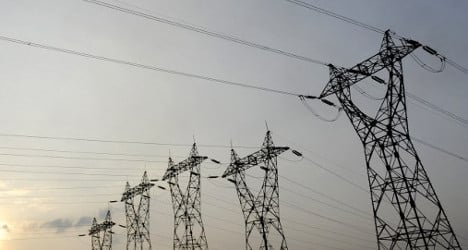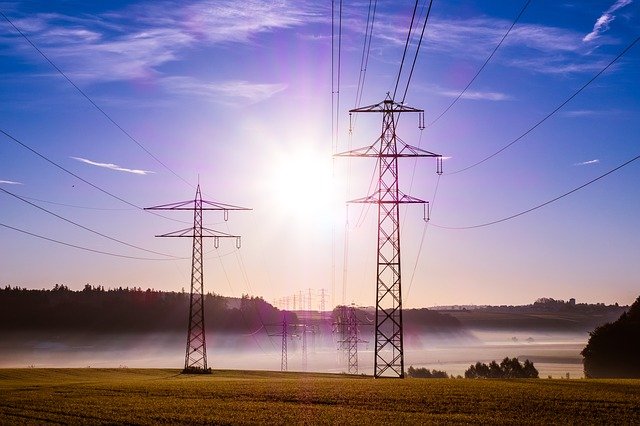The 73-year-old man climbed up a high-voltage electricity pylon in south east France, forcing authorities to cut the power that supplies Spain, officials said on Tuesday.
He took two hours to scale the 50-metre (160-foot) pylon and was sitting only 10 metres away from the 400,000 volt lines that usually export power to Spain.
Power officials had to take emergency action to keep the nearby city of Narbonne (population around 50,000) supplied with electricity.
Network company RTE said in a statement: “For safety reasons, the lines were switched off, which had no consequences for the power supply in the region nor for exported electricity to Spain.”
The man came down from his risky perch early Tuesday morning with the help of specialized fire officers and police negotiators.
His motives were not immediately clear but he appeared to be somewhat of a political activist.
He unfurled a banner calling for France's long-dead wartime leader Charles De Gaulle to stand in the forthcoming 2017 presidential election as well as a banner that read “crooks out.”
RTE said in its statement that people who climb power lines could be prosecuted and said it might take legal action.



 Please whitelist us to continue reading.
Please whitelist us to continue reading.